Question And Answer
Publications
Articles, publications, books, tools and multimedia features from the U.S. Institute of Peace provide the latest news, analysis, research findings, practitioner guides and reports, all related to the conflict zones and issues that are at the center of the Institute’s work to prevent and reduce violent conflict.
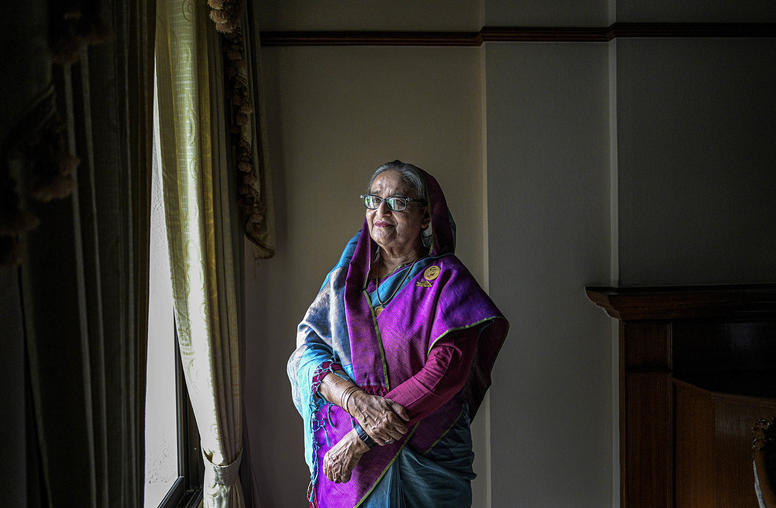
Opposition Boycott Clears Path to a Fourth Term for Hasina in Bangladesh
Bangladeshi Prime Minister Sheikh Hasina is set to win a fourth consecutive term in general elections on January 7. A boycott by the Bangladesh Nationalist Party (BNP), the South Asian nation’s main opposition party, will ensure the success of Hasina’s Awami League (AL) despite the grim economic state of the country.
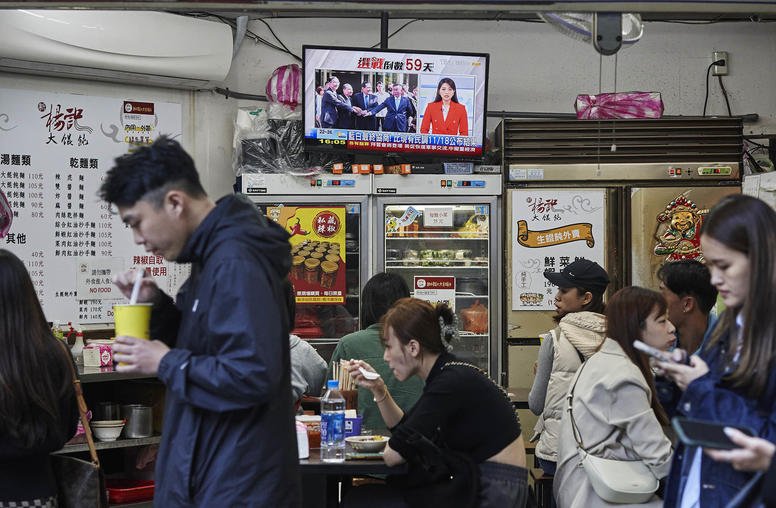
Taiwan’s Election Poses a Test for Island’s Ties with China
On January 13, Taiwanese will elect a new president in a race that is likely to have significant implications for the island’s relations with China as well as U.S.-China relations, regardless of who wins.
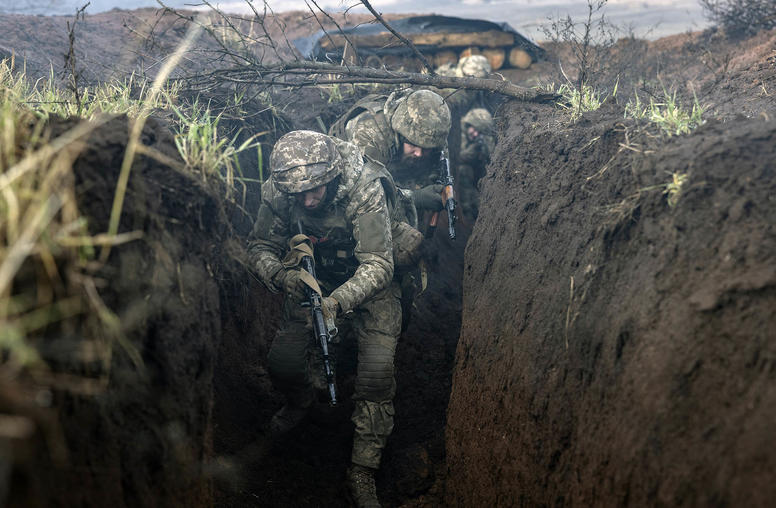
Diplomacy May Not Be As Dead As It Seems
The Ukraine war has revealed changes in warfare that may give renewed purpose and utility to diplomacy as an instrument of statecraft in the modern era.
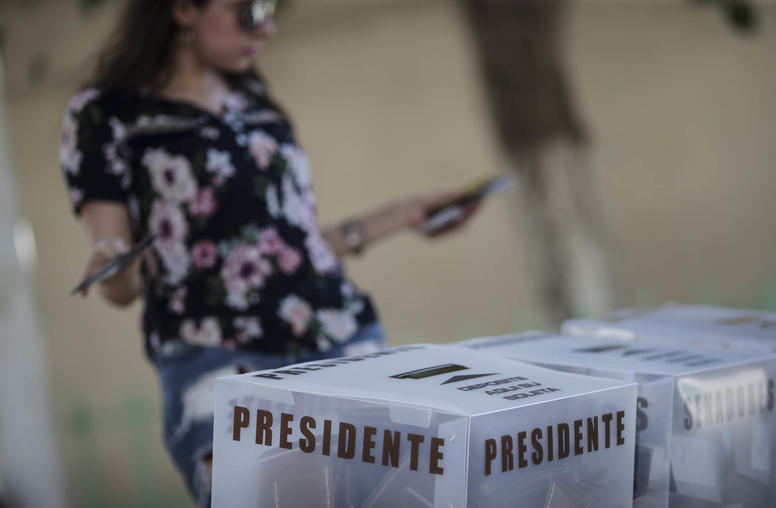
A Preview of 2024 Elections Throughout Latin America
Anti-incumbent sentiment has gripped much of Latin America in recent years, swinging electoral results leftward in Mexico, Colombia, Honduras and Brazil, upending the corrupt coalitions that have long ruled Guatemala, and handing the presidency of Argentina to a self-proclaimed “anarcho-capitalist.” But 2024 may prove to be a good year for establishment politicians. In the five countries with elections on the calendar — El Salvador, Panama, Dominican Republic, Uruguay and Mexico — insider candidates are polling ahead, at least so far.
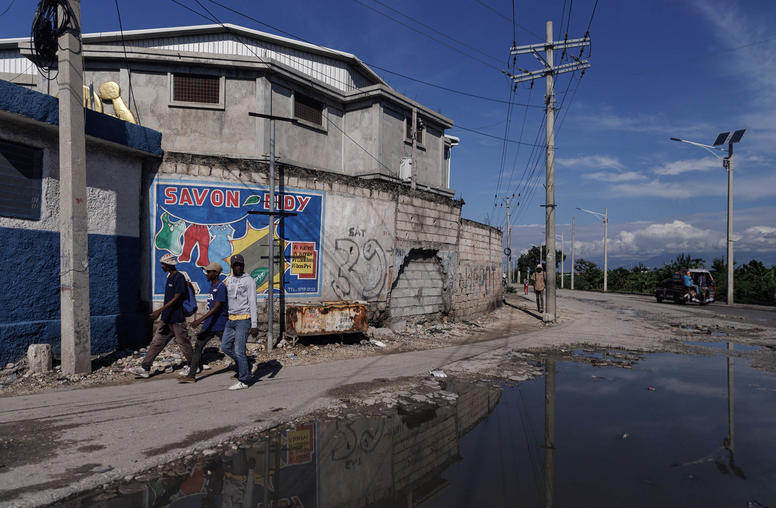
Les Haïtiens ont-ils enfin trouvé la formule pour avancer ?
Les gros titres d'Haïti ont été si mauvais pendant si longtemps que peu attirent plus l'attention du monde. Il semble que presque chaque jour, il y a des histoires de dizaines de personnes tuées dans la capitale du pays ou de la Garde côtière américaine empêchant des centaines de migrants haïtiens d'atteindre les côtes américaines. Ensuite, il y a les titres les plus inquiétants qui disent que la guerre ou même un massacre à la rwandaise s’approchent parmi les « conditions cauchemardesques » du pays. Avec la situation d'Haïti apparemment plus inextricable que jamais, certains observateurs se sont demandé si le monde est tout simplement fatigué d'essayer d'aider Mais à la fin de l'année dernière, un accord peu médiatisé a été forgé par les Haïtiens - injectant une lueur d'espoir que le pays pourrait emprunter un nouveau chemin.
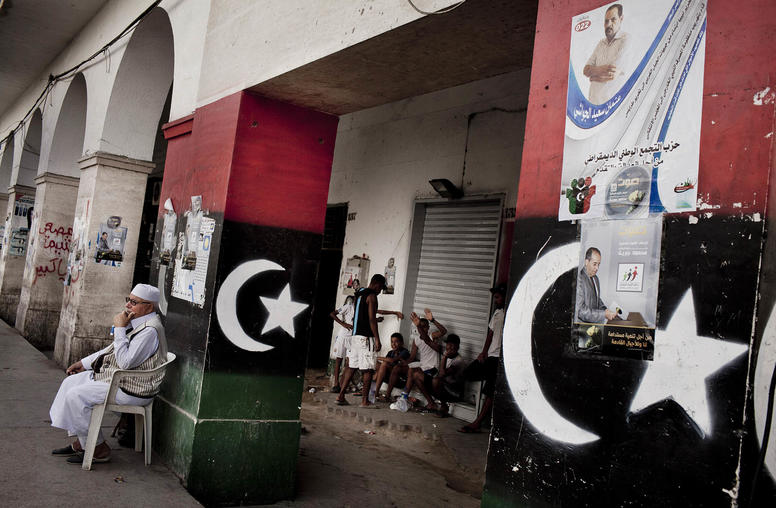
For Libyans, Elections Are Just Part of the Path to Peace
In mid-March, a delegation of prominent Libyans traveled to Washington carrying an important message: a new U.N. initiative focused on holding elections is welcome but it must be part of a bigger, comprehensive reconciliation effort to bring peace and stability to Libya. According to the deputy head of Libya’s Presidential Council, Abdullah Al-Lafi, reconciliation — and elections — can only be achieved by Libyans themselves. In Washington, Al-Lafi and the members of his delegation presented their own initiative for a national reconciliation project in order to create a Libyan-led process that complements the plan for elections proposed by U.N. Special Representative of the Secretary-General for Libya Abdoulaye Bathily.
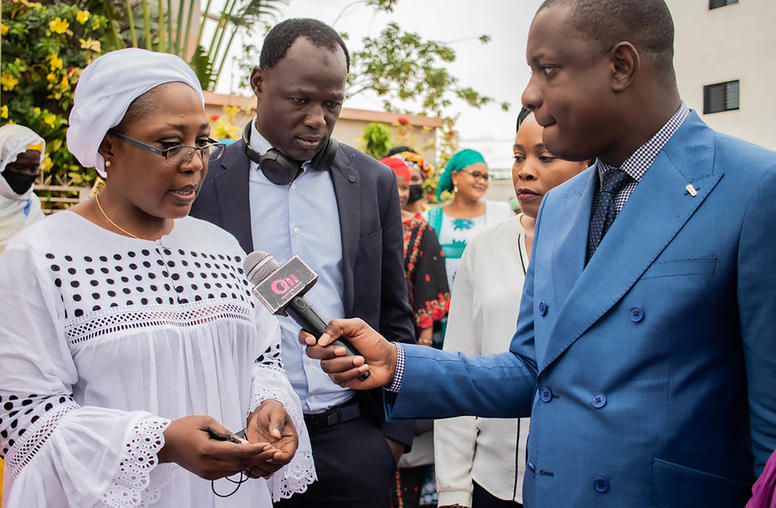
In Mali, Civil Society Takes on New Role in the Democratic Transition
In the decade leading up to Mali’s two military coups in 2020 and 2021, persistent governance grievances had left civilians without reliable public services while the military struggled to contain violent extremist groups. Hopes for a quick return to civilian rule post-coup have faded, as the country now nears three years under the rule of military leaders. While the transitional government has laid out a roadmap toward 2024 elections, there are growing concerns about the infrastructure capacity to carry out elections within that timeframe.

Au Mali, la société civile joue un nouveau rôle dans la transition démocratique
Au cours de la décennie qui a précédé les deux coups d'État militaires de 2020 et 2021 au Mali, les griefs persistants en matière de gouvernance ont priver les civils de services publics fiables, pendant que l'armée s’efforçait de contenir les groupes extrémistes violents. L'espoir d'un retour rapide à un régime civil après le coup d'État s'est estompé au fur et à mesure que le pays approche sa troisième année sous un régime militaire. En dépit des efforts du gouvernement de transition pour établir une feuille de route pour les élections de 2024, des préoccupations s’agrandissent par rapport à la capacité de l'infrastructure nécessaire pour mener à bien le processus et s'aligner sur le calendrier prévu.
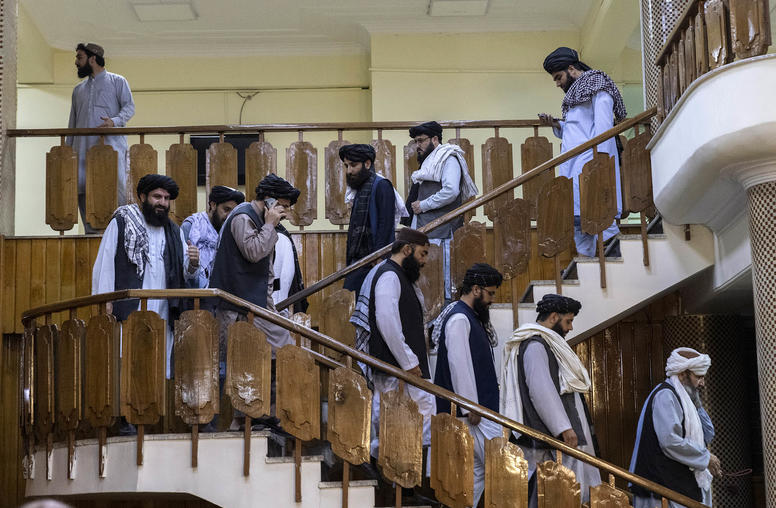
What’s Next for the Taliban’s Leadership Amid Rising Dissent?
Since their takeover of Afghanistan in August 2021, the Taliban have moved to restrict social freedoms, with a persistent focus on the rights of women and girls. Two edicts issued in December 2022, indefinitely banning Afghan women from attending universities and prohibiting working in NGO offices, constitute the most extreme restrictions yet — orders that were expanded this week to apply to women working for the U.N. as well.
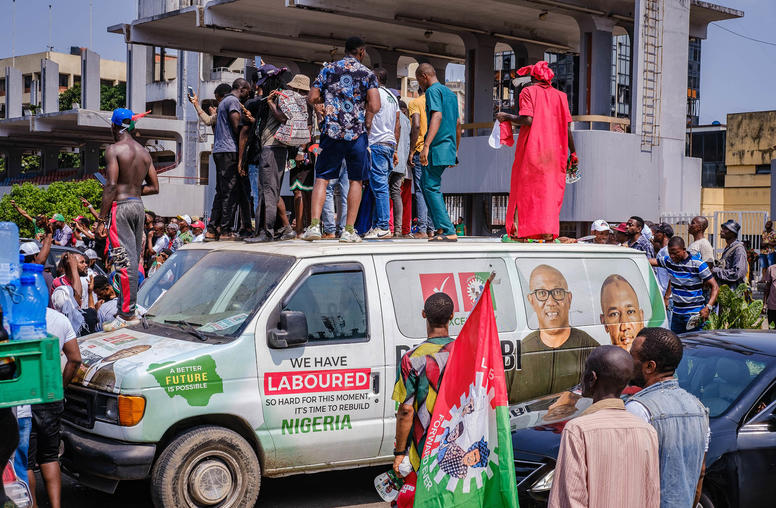
After Nigeria’s Elections: Nurturing the Seeds of Better Democracy
Nigeria’s latest elections heighten the country’s need for a reset of its democracy. Nigeria’s two dominant parties abandoned an informal pact that has rotated power between north and south, papering over the deeper, wider problem of ensuring real political inclusion among Nigeria’s disparate regions and communities. The recent national and state-level votes failed to deliver anguished Nigerians the promise of wider voter participation and transparent election results. Still, the campaigns and voting contained seeds for critical change that now must be cultivated by Nigeria’s newly elected government; its courageous, pro-democracy civil society; its vast, energized youth population; and its partners.